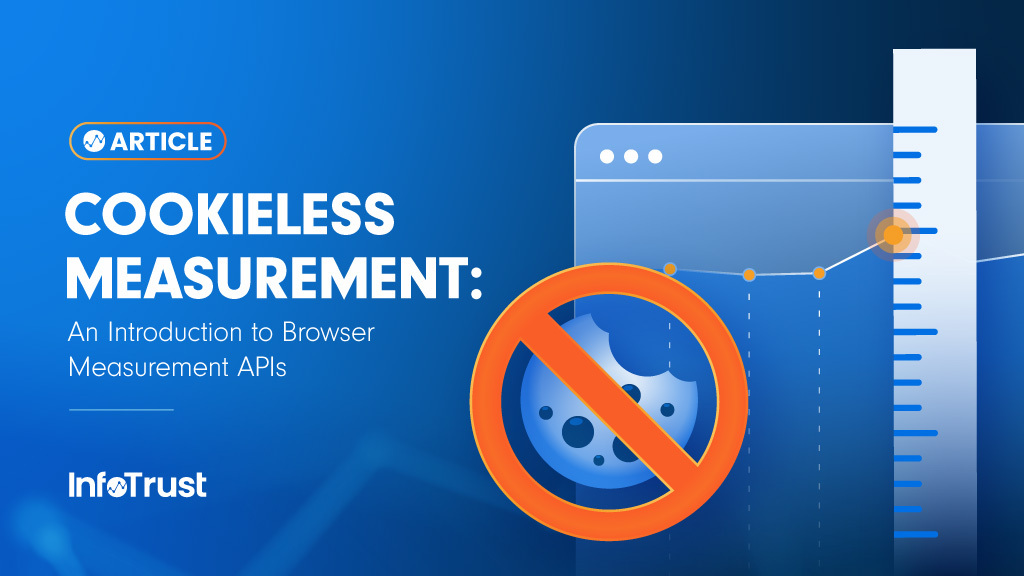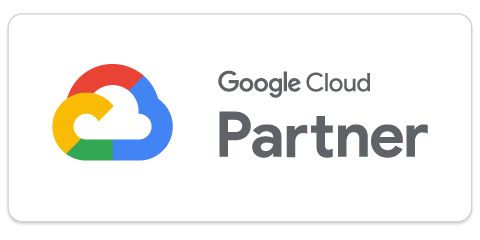“How will we measure campaign effectiveness?”
“How will we report conversions?”
“Will attribution still be possible?”
These are common questions from advertisers as they begin to think about the “cookieless future”. With popular browsers such as Safari and Firefox having already removed support for third-party cookies and Chrome set to phase out support in the second half of 2024, it’s no wonder that confusion reigns. Have no fear though! Yes, these use cases can still be addressed, albeit with different approaches.
In this future without third-party cookies, marketers (and the technologies they rely upon) will still have several avenues available to accomplish measurement use cases. Some of the primary approaches, which third-party ad tech platforms will heavily rely on, are new technologies being built into popular browsers. The new technologies (browser APIs) are meant to help advertisers accomplish common use cases in a more privacy-preserving way without the usage of third-party cookies. Here, we will summarize the browser APIs being introduced for measurement use cases by the most popular browsers on the market.
Google Chrome
Attribution Reporting API
Chrome’s primary solution to replace third-party cookies for measurement use cases is the Attribution Reporting API. This solution enables advertisers and ad tech providers to measure conversions for ad clicks and views, including ads in third-party iFrames and ads in a first-party context. The Attribution Reporting API makes two types of reports available: event-level reports and summary reports.
Event-level reports associate a specific ad click or view on the ad side with data on the conversion side. These reports are best suited for optimization use cases (questions like “how can I improve the ROI of my campaigns?”), coarse reporting needs, and fraud detection in ad tech. A number of privacy protections built-in limit the utility of the event-level reports for more granular insights because conversion-side data is very limited (just three bits of conversion data or eight conversion categories) and noisy. The reports are also not sent immediately for extra privacy protection, removing the ability for real-time optimization resulting from attribution insights gleaned from the event-level reports.
Summary reports are not tied to a specific interaction on the ad side but provide richer, higher-fidelity conversion data than event-level reports. These reports are best suited for reporting use cases (questions like “what is my return on investment?”). Privacy protections are also built-in for summary reporting with limits to the amount of data able to be stored and associated together so as to limit the ability to track individual users across domains. These reports are aggregate in nature, reporting on campaign performance and not allowing for any drilling down to an individual user or click level.
Private Aggregation API
The Private Aggregation API allows developers to generate aggregate data reports with data from the Protected Audience API (a solution built to support targeting use cases) and Shared Storage. This capability makes Private Aggregation a general-purpose API for cross-site measurement use cases. For example, it can help measure how many unique users have seen a particular piece of content (ad creative) across sites (ex. “Approximately 508 unique users have seen content ID #309”), measure the demographics of the users who have seen content across sites, and measure the number of users who have seen a piece of content more than x times. These uses will help ad tech technologies impose impression caps and report on reach for advertisers.
Safari
Private Click Measurement
Safari removed support for third-party cookies back in 2021 as part of their series of ITP updates. At the same time, the browser introduced Private Click Measurement as a method to associate ad clicks with conversions on advertiser websites.
Private Click Measurement is an on-by-default feature available for ad tech platforms to interact with. When a user clicks on an ad, limited information about the ad source can be registered (8-bit limit on the click-side which allows for 256 parallel ad campaigns to be measured per site or app). On the conversion side, up to 16 different conversion events can be distinguished and then associated with the source ad campaigns from the click-side responsible for the conversion traffic. This functionality enables coarse attribution reporting to understand which campaigns are leading to the most conversions. The limited information possible to be included (i.e. no conversion value, product IDs, etc.) means that the reporting made available is, on its own, insufficient to accomplish most optimization use cases.
Why are these solutions relevant for marketers and advertisers?
While it is true that marketers and advertisers will likely not be interacting with these browser APIs directly, it is important to understand the limitations inherent in each. The focus on privacy protections (ultimately the reason for third-party cookie deprecation) means that there are significant limits to the amount of data able to be accessed via these solutions and thus limits to the data available for reporting and optimization. This will have implications for measurement strategy, measurement architecture, and opportunities for optimization.
We will be deep diving into each of the above browser reporting APIs to explore these limitations and strategies available to overcome them throughout our cookieless measurement series. Sign up here to be notified as each installment is published!



